Jose Marti – The Early Years
This Saturday, January 28 2023, will mark the 170th birth anniversary of Cuban revolutionary, patriot, and National Hero, Jose Marti. Jose Julian Marti Perez was born in Havana on January 28, 1853. At the age of 12 he began studying at the municipal school headed by poet Rafael Maria de Mendive, who recognized his intellectual qualities, and devoted himself personally to Marti’s education. Marti was interested in the revolutionary ideas of many Cubans at an early age. After the Ten Years’ Independence War (1868 -1878) began, Marti published a newspaper El Diablo Cojuelo, and the magazine La Patria Libre, both were pro-independence publications. At age 17 he was sentenced to six years in prison for “collaborating” with pro-independence groups; he was imprisoned in the San Lazaro quarries. Forced labor resulted in poor health and he was released on pardon.
While in exile in Spain he studied and graduated in Law, Philosophy and Letters from the Zaragoza University. Although living in Spain, he admonished the Country to take responsibility for their exploitative occupation of Cuba; he later settled in Mexico after travelling through Europe and America. After the end of the Ten Years’ War, he returned to Cuba but was deported by the authorities; he settled in New York and devoted himself to political and literary activity. In 1892 he founded the Cuban Revolutionary Party (PRC) to organize the 1895 war which freed Cuba from Spain.
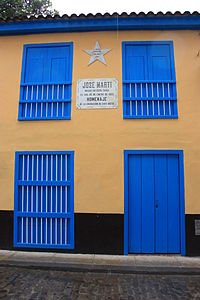
Jose Marti’s birthplace, Havana - Photo: Wikipedia
Jose Marti – The Revolutionary
The most decisive war for Cuban independence began on October 10, 1868 when a land and slaveowner named Carlos Manuel de Cespedes made a speech titled Grito de Yara (Cry of Yara) from his Farm. Cespedes later freed his slaves and declared war on the occupying Spanish. Thirty-seven planters joined with Cespedes by also freeing their slaves and donating their property. By November that year the resistance army had risen to 12,000 men, it is during this time that a beloved son of Cuba Antonio Maceo, became a prominent soldier and Cuban patriot. The war lasted for ten years, although the end was not decisive, both sides signed the Treaty of Zanjon, in Zanjon, Camaguey. The Treaty provided that slaves who participated in the war were to be freed, however, slavery was not abolished in Cuba and remained under Spanish rule. Several factors impacted the incompleteness of the independence war, not the least of them being opposition by the United States government.
The final war of independence from Spain began in February of 1895, by this time the quantity of US investments in Cuba had increased. Six percent of Cuban exports went to Spain while eighty-six percent went to the United States; in 1894 Cuban sugar mill owners were less than 20% at the same time 95% of sugar exports went to the United States. Jose Marti was instrumental in planning and organizing this second war of independence; Marti committed himself solely to the struggle for Cuban independence, including the formation of the Cuban Revolutionary Party. Marti was concerned about the growing “expansion” of US imperialism and was especially concerned by the statement of the then Secretary of State, James Blaine’s comment that, all of Central and South America would eventually fall to the United States.
On the very day that Martí's revolutionary expedition was to set sail from Florida in January of 1895, the U.S. government confiscated three ships (the Amadis, the Lagonda & the Baracoa) loaded with weapons and supplies that had been difficult and costly to obtain. The United States promptly alerted the Spanish government. Although faced with setbacks Jose Marti published the Proclamation of Montecristi, which outlined the intent of Cuba’s war for independence. It in part says: “the war was to be waged by blacks and whites alike; participation of all blacks was crucial for victory; Spaniards who did not object to the war effort should be spared; private rural properties should not be damaged; and the revolution should bring new economic life to Cuba.” In his first military battle against the Spanish colonialists Jose Marti was killed at Dos Rios on May 19th 1895, his comrades unsuccessfully tried to recover his body, which was buried in a common grave. One week later, his body arrived in Santiago de Cuba where he was unceremoniously buried by Spanish soldiers on May 27, 1895.
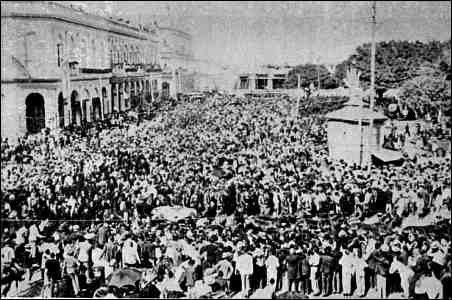
Cuban flag raised in Havana, May 20, 1902 - Photo: historyofcuba.com
Jose Marti The Intellectual
Jose Marti was an outstanding Latin American newspaper columnist, essayist, novelist, and poet – Free Verses (1878-1882), Ismaelillo (1882) and Simple Verses (1891) mainly autobiographical. He authored revolutionary essays including “The Political Presidio in Cuba” (1871) and “Cuba and The United States” (1889), this work critiqued the attacks by the American press on the Cuban patriots. In 1889 he founded “The Golden Age” a children’s magazine that visioned the teaching of norms of justice and human dignity. He extoled Cubans to always keep fighting for freedom and independence. Marti, very early on, was very aware of the dishonesty and “hidden agenda” of the imperial powers, disguised as friendship between the colonized and the colonizers.
In a report on The Monetary Conference of The American Republics in March of 1891, which he attended as a representative of Uruguay; Marti wrote an opposing view in response to the United States’ promoting the equalization of gold and silver at a fixed ratio, for establishing a single regional currency. Marti wrote: “Whenever an invitation is extended between nations, the hidden reasons for it must be sought. No nation does anything that goes against its own interests, from which we can deduce that what a nation does is in its own interest. If two nations do not have common interests, they cannot join together.”
The Legacy of Jose Marti
In 1953, Fidel Castro said of this National Hero and patriot: “It seemed that Marti was going to die in the year of his centenary, that his memory would extinguish forever. So much was the affront, but he lives: his people are rebellious and faithful to his memory since they have fallen defending his doctrines so that he continues to live in the souls of the homeland. Cuba, what would you become if you had let your apostle die?” Sixty-one years after Jose Marti’s death, the leader of the 26th of July revolutionary Movement Fidel Castro, referred to Marti as the “intellectual author” of the attack on the Moncada Barracks.
In Cuba, several landmarks including statues, buildings, and the International Airport in Havana, are named in honor of this Cuban revolutionary. Respect for Marti’s ideals and commitment to fighting colonialism and social injustice, have also been acknowledged and celebrated all over the world. On the 169th anniversary of the birth of Jose Marti in January of 2022, the Cuban Embassy in Luanda, Angola, paid tribute to Marti’s legacy of preserving and defending independence. Later in the same year children of the Jose Marti Elementary School commemorated the legacies of the late Angolan revolutionary leader, statesman, and founding father of independent Angola, Antonio Agostinho Neto, and also Jose Marti; in a ceremony displaying the brotherhood that exists between the peoples of Angola and Cuba. At a function on the 127th anniversary of Jose Marti’s fall in combat, the director of the first night school in Costa Rica, the Benemerito Colegio Nocturno Jose Marti, reiterated ideological and physical contribution Marti made in the struggle for Cuba’s independence.
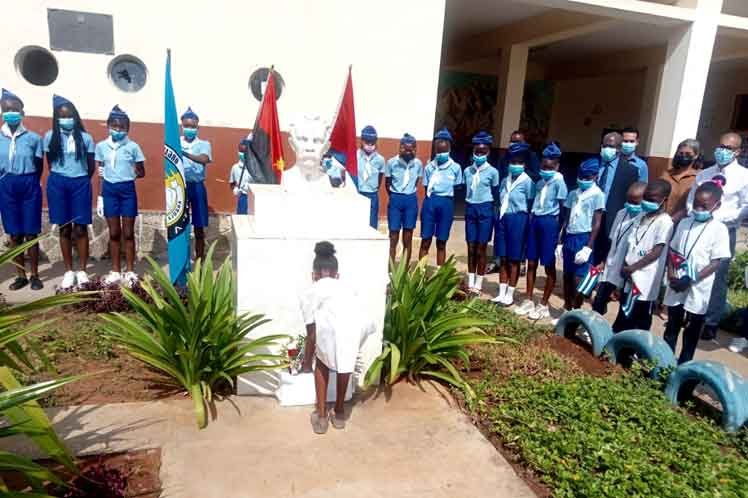
Children at the Jose Marti Elementary School, Angola - Photo: Prensa Latina
In Mongolia a school is named in his honor; in Sri Lanka’s Victoria Park there is a statue of Jose Marti; Cubans and Argentines paid tribute to Marti on May 19, 2022, commemorating the 127th anniversary of his fall in combat. On January 27, 2022 in Havana, the University Students Federation (FEU) and the Union of Young Communists (UJC), participated with other citizens in the Torchlight March which honored Jose Marti on the eve of his 169th birth anniversary. Under the slogan “I have lit my youth,” the march began in each of Cuba’s provinces and ended at the Martian Forge a former quarry, where Marti did forced labor during his imprisonment. The first Torchlight March in 1953 served as the motive force for the escalation of the struggle against the dictatorship of Fulgencio Batista; Fidel Castro was an integral part of the Centennial Generation movement towards national liberation.
In September of 2022 UNESCO sent out an invitation for member countries to participate in the ninth edition of the Jose Marti International Award, which recognizes exponents of the values and ideals embodied by the Cuban Patriot and National Hero. The award recognizes people and institutions that have made significant contributions anywhere in the world, to the integration of the countries of Latin America and the Caribbean. It further highlights those that have contributed to the preservation of the identity, cultural traditions, and historical values of the region.
On January 27, 2023 as part of a list of activities sponsored by the Cuban Embassy in Rabat, Morocco, a full-length feature film on the life and legacy of Jose Marti, will be released in Tangier, Morocco; the film titled “Jose Marti, el Ojo del Canario” (Jose Marti, Eye of the Canary), was directed by Fernando Perez. Since 2020 both Morocco and Cuba have been celebrating the birthday anniversary of Jose Marti. In this the 170th year of the birth of this immortal liberator and uncompromising patriot, his poignant words are a rallying call for all those who fight against social injustice and imperialist oppression: “ Patriotism is (or has been until now), among the many known up to the present, the best (of all known) leavings for all human virtues.”
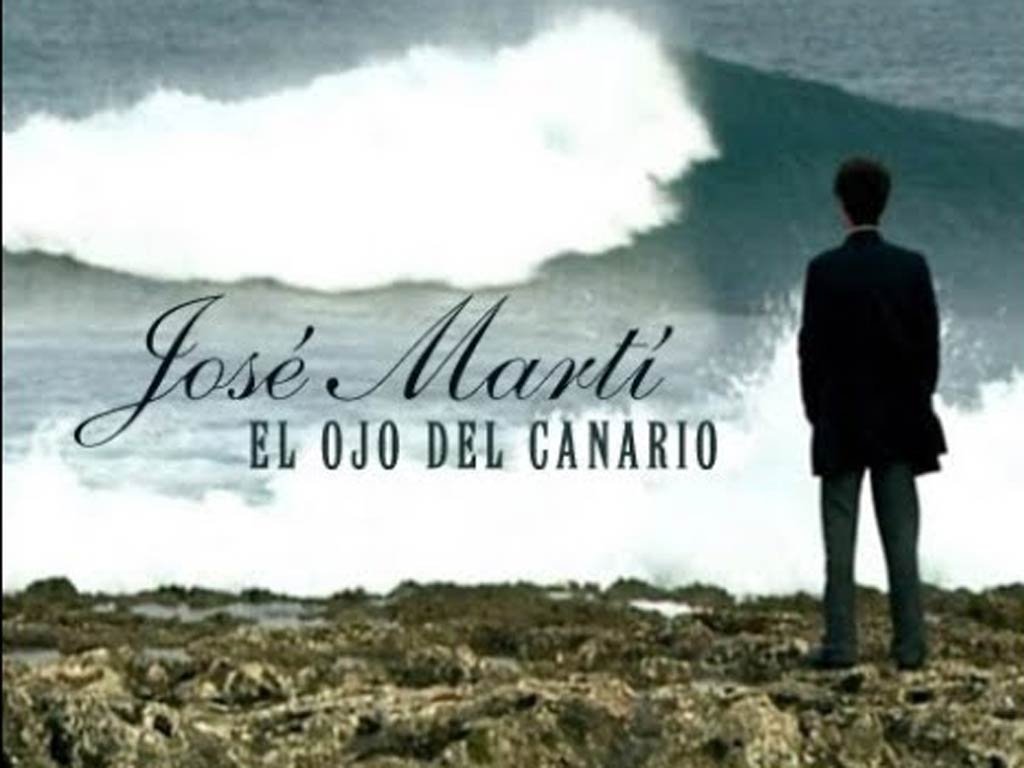
Poster for full-length feature film to be released in Tangier, Morocco, January 27, 2023 - Photo: Prensa Latina
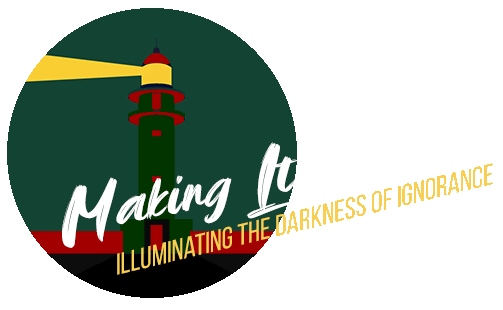
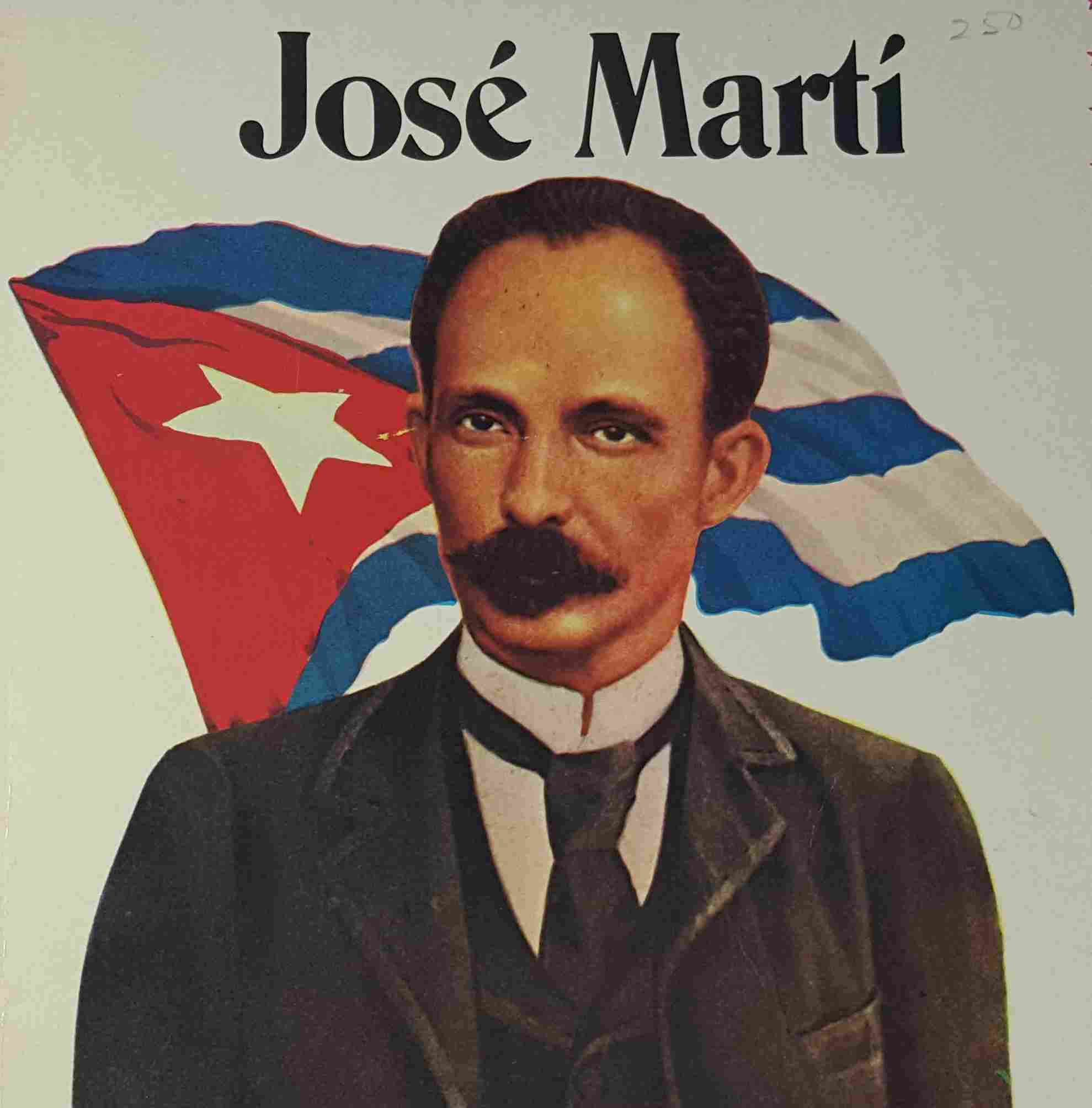
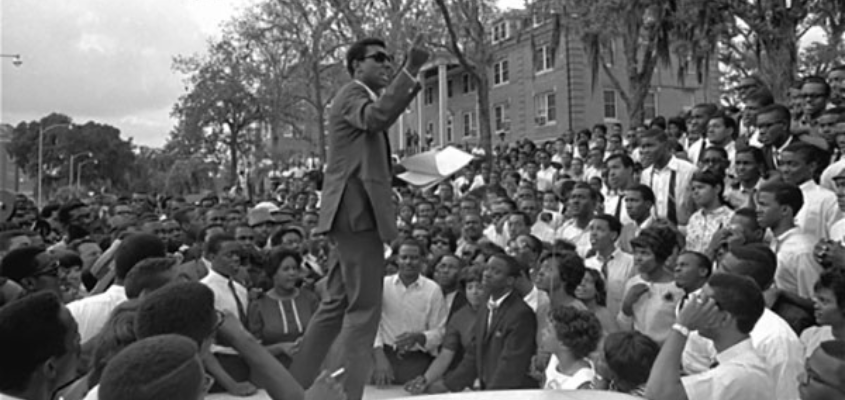
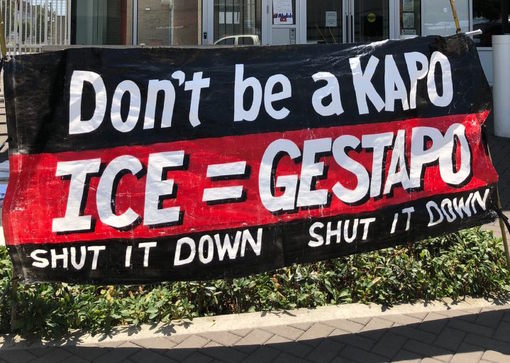
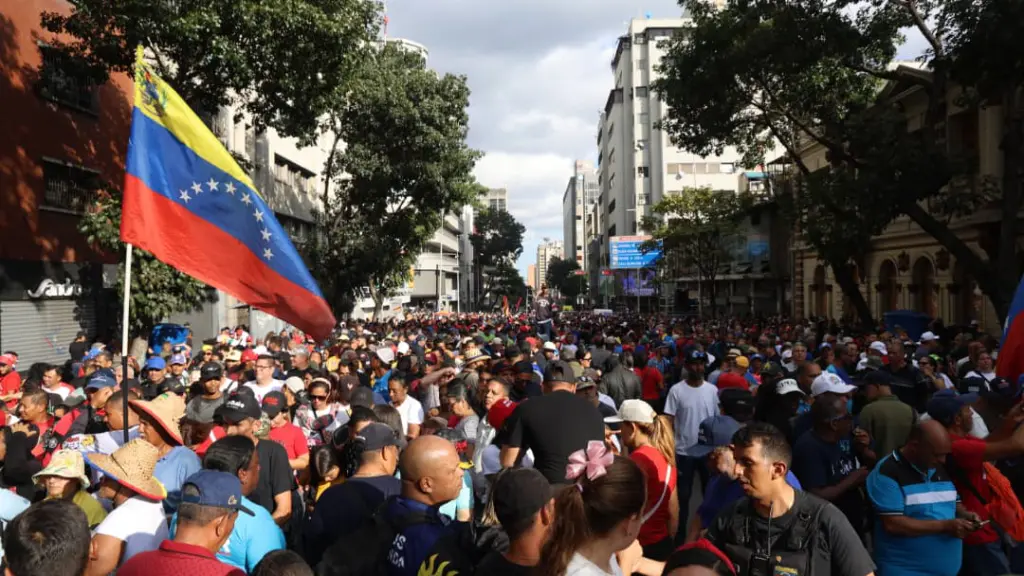
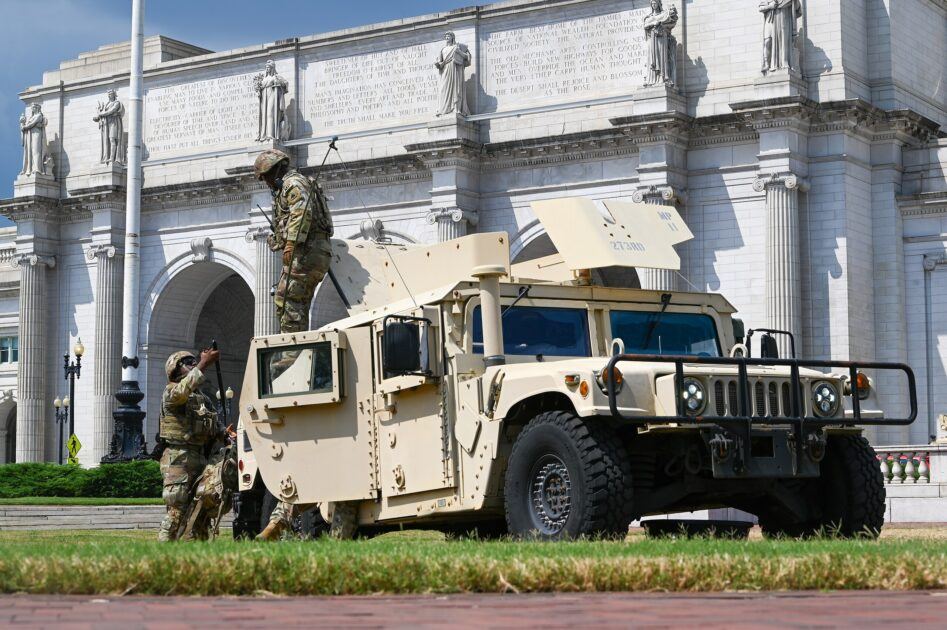

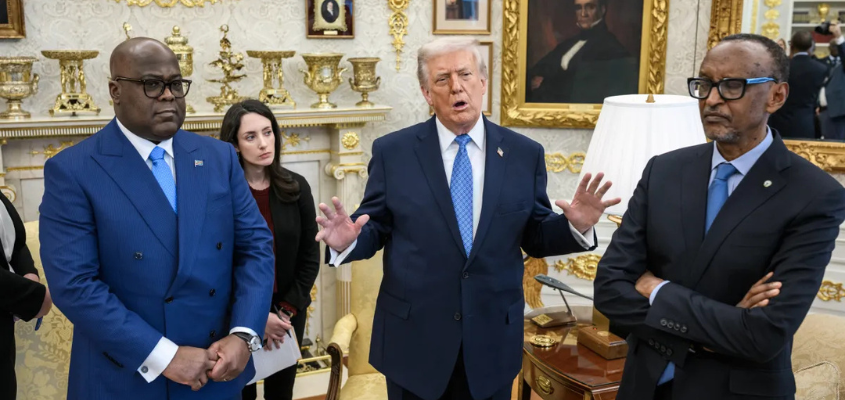
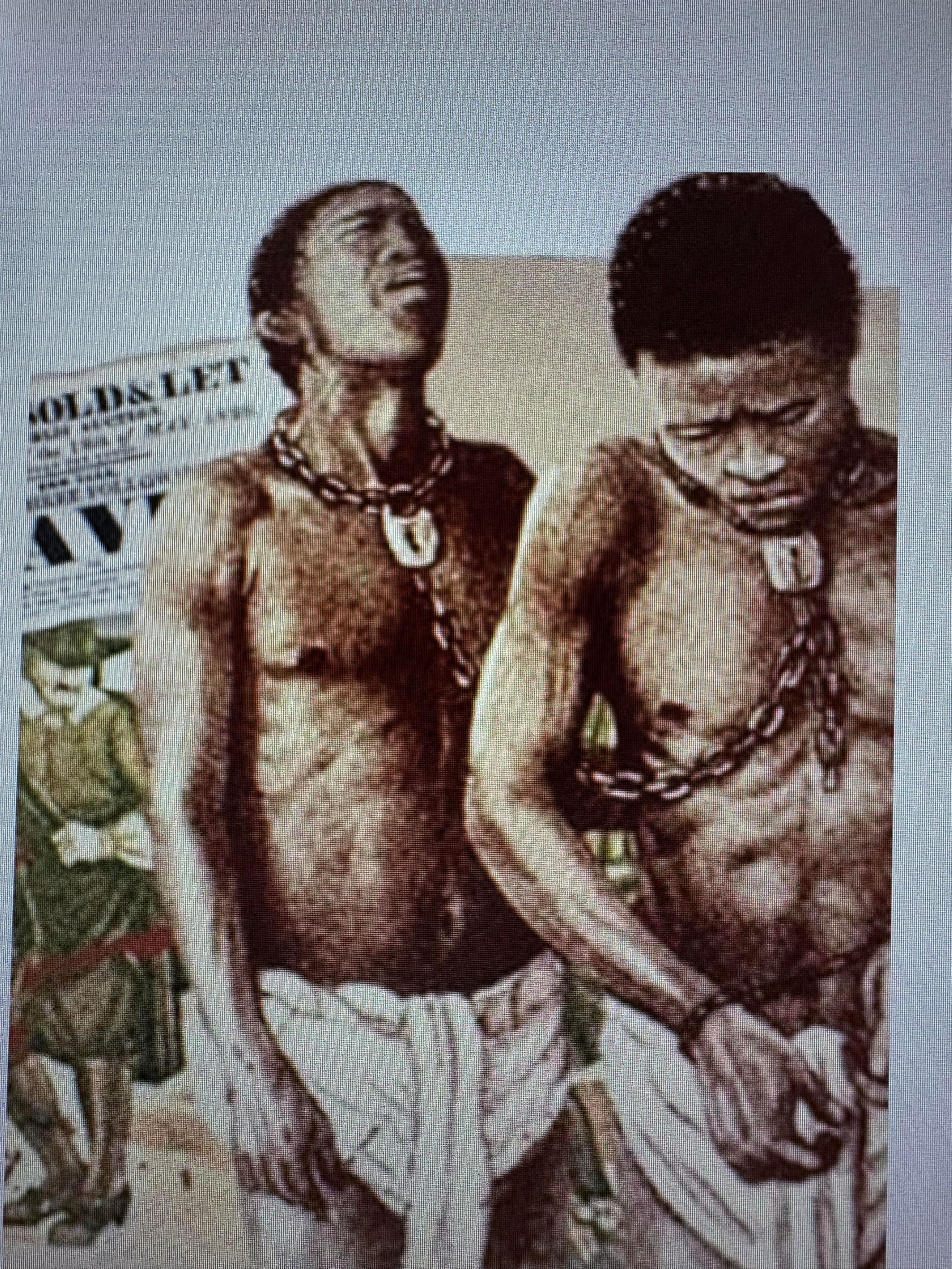

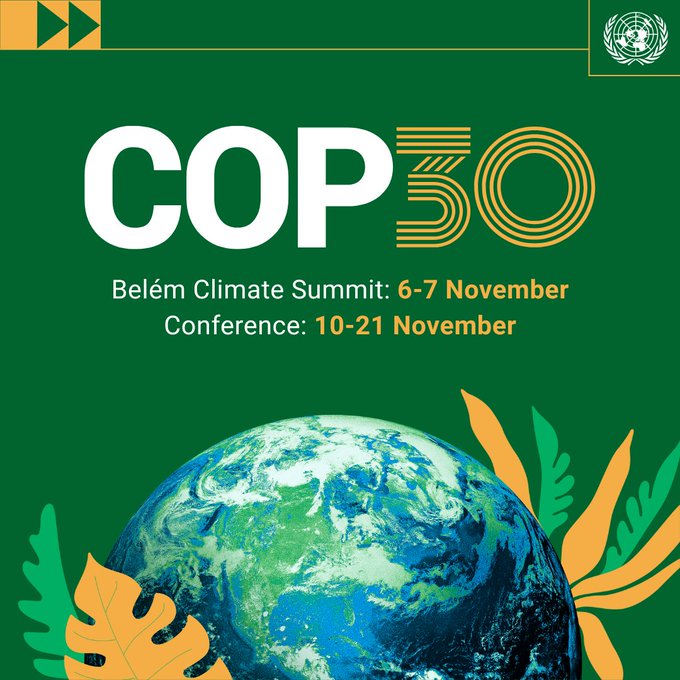

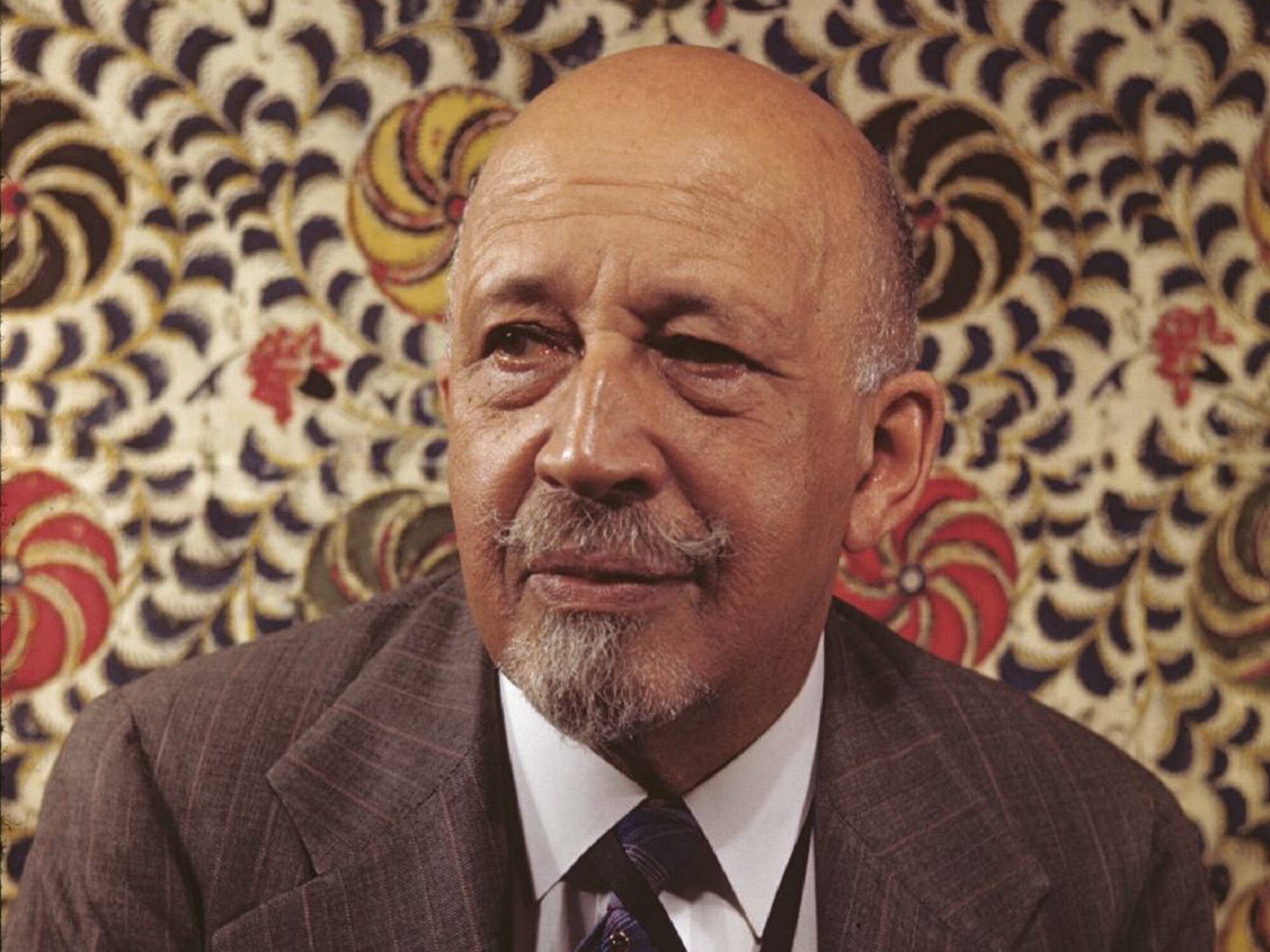

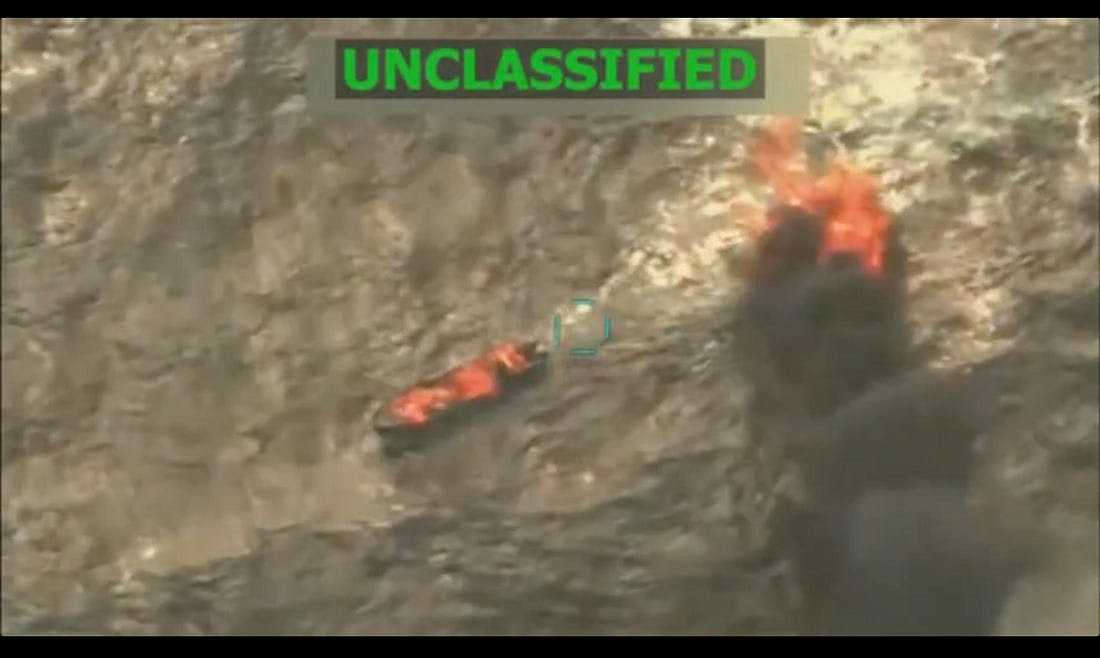
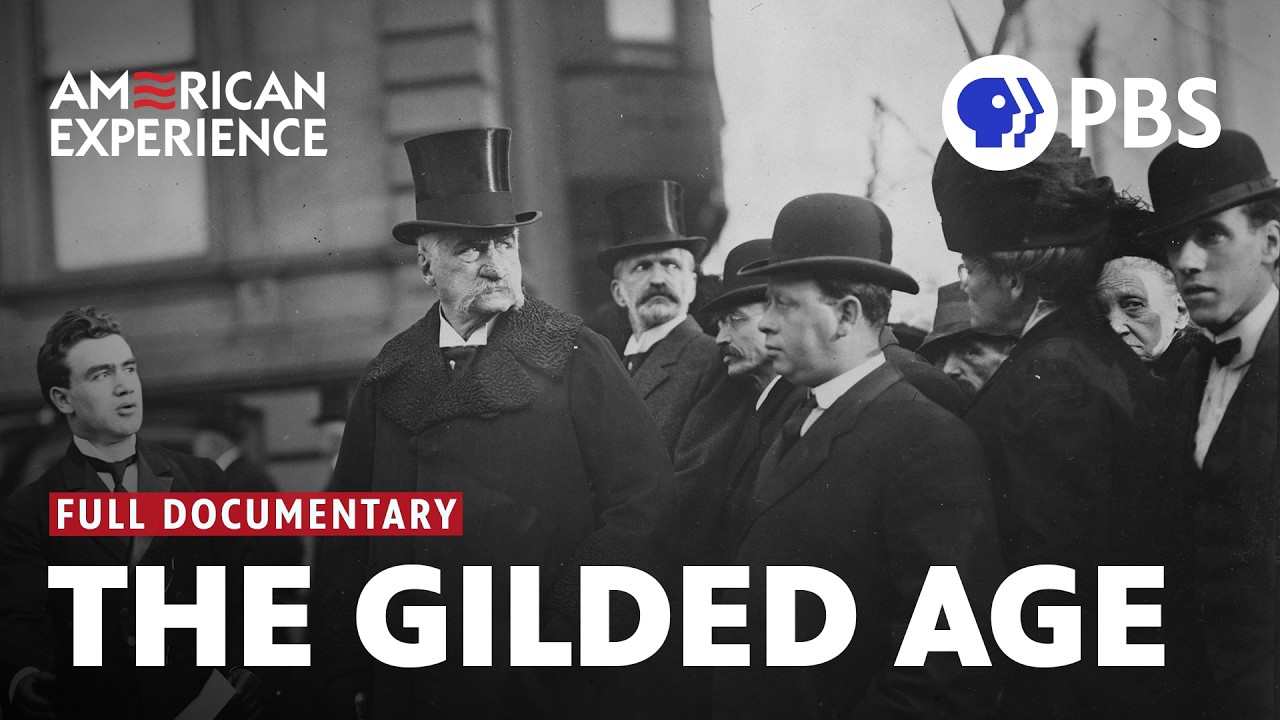
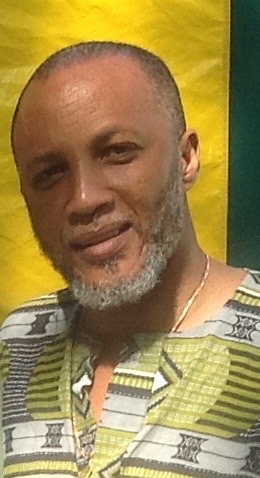
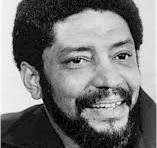
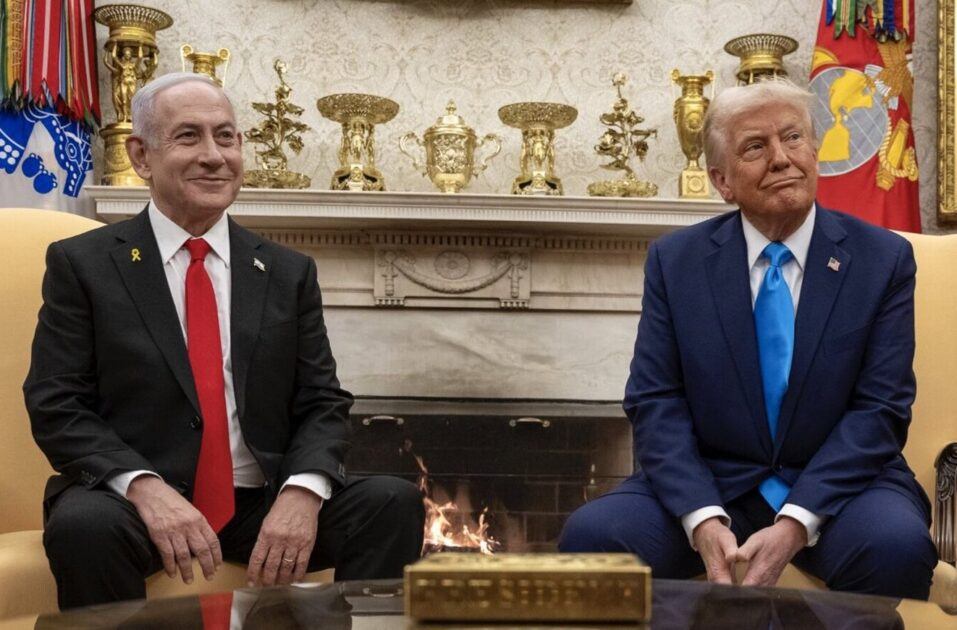
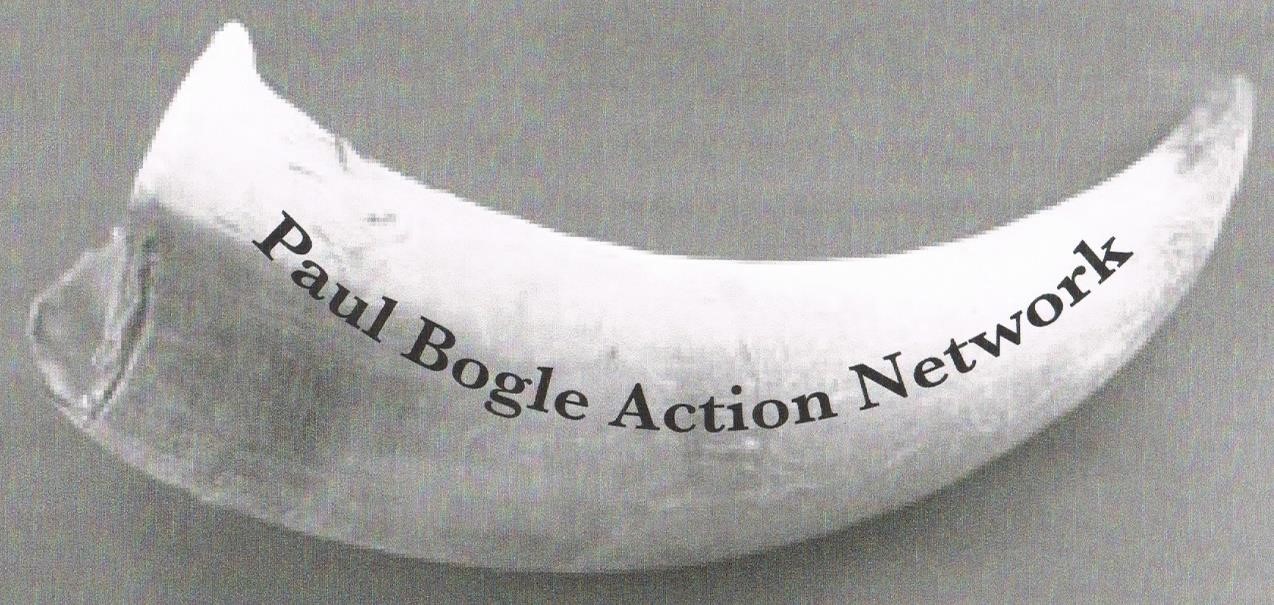

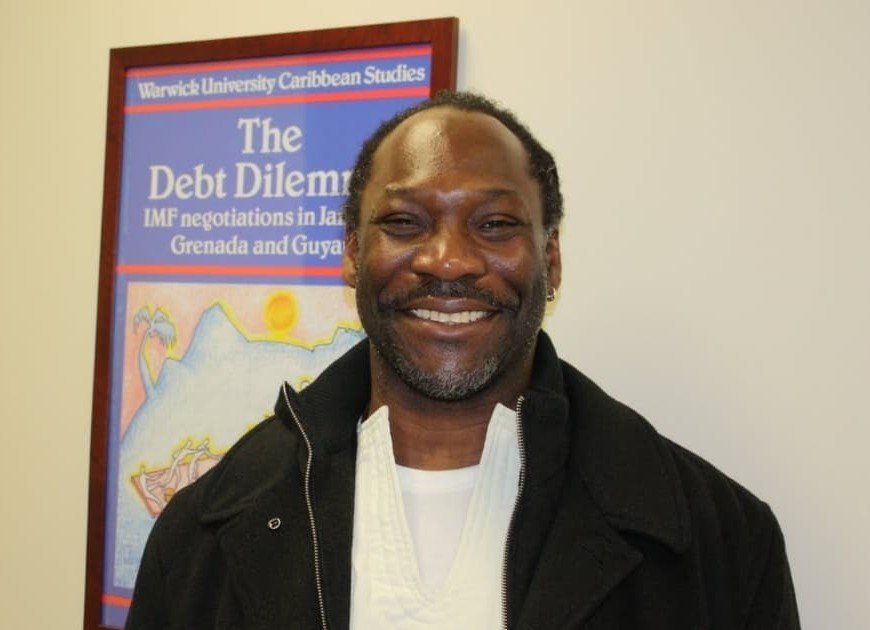
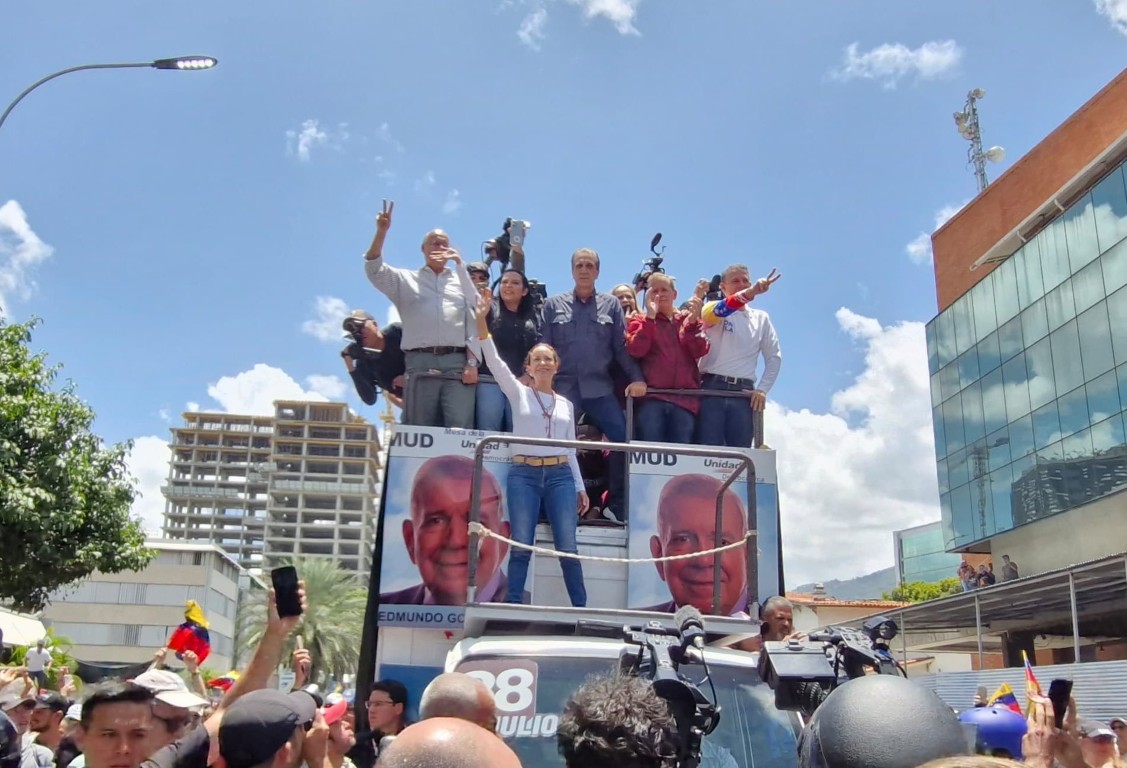
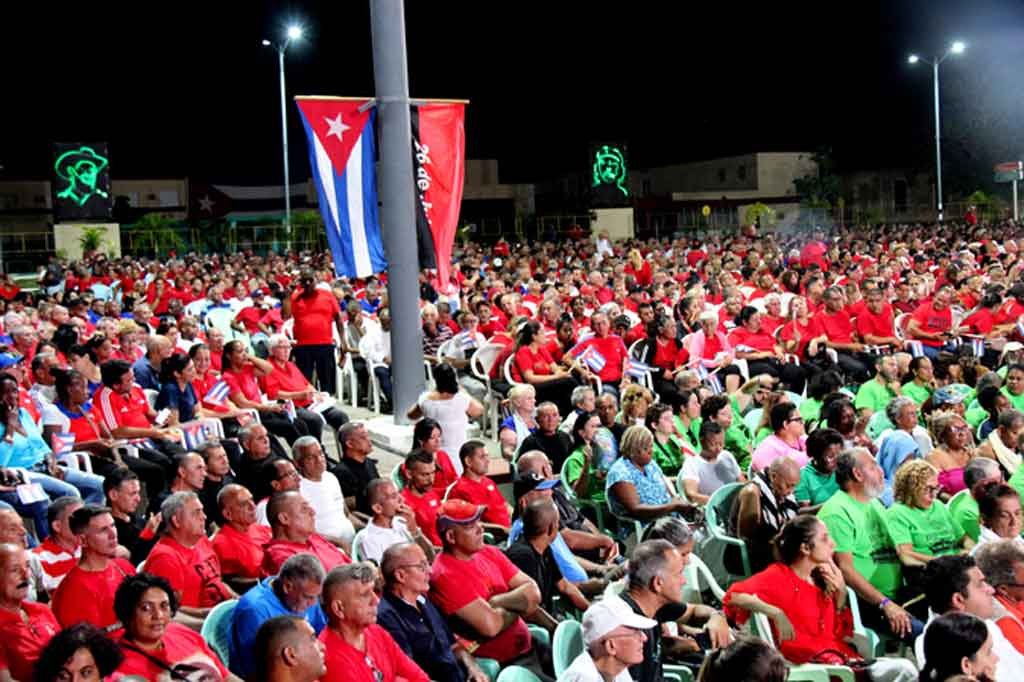
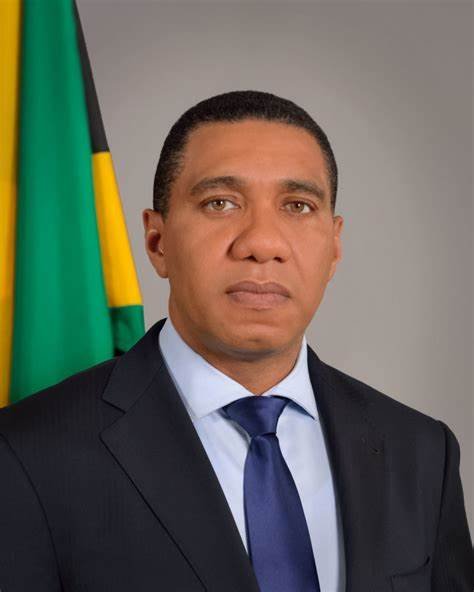
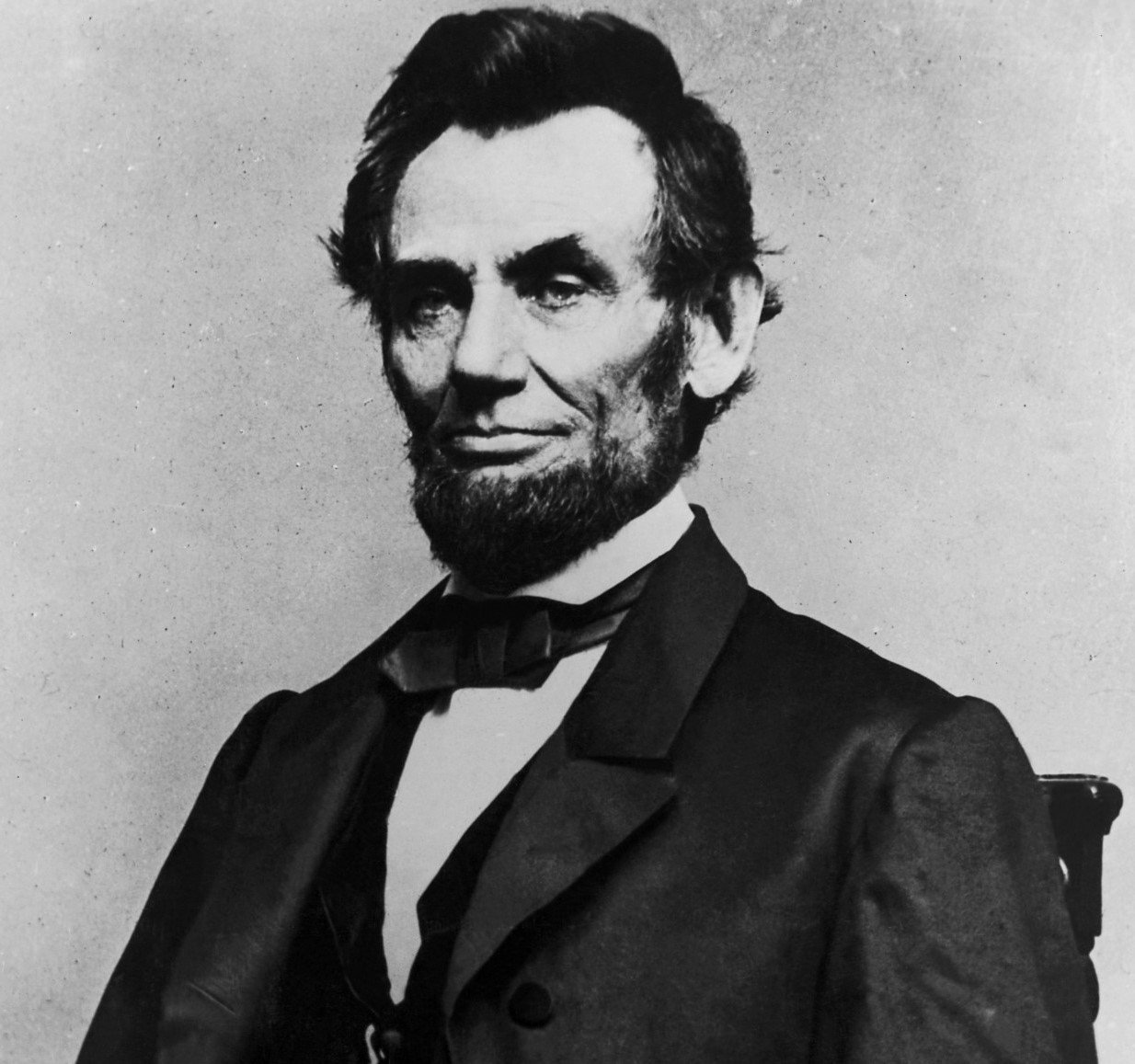
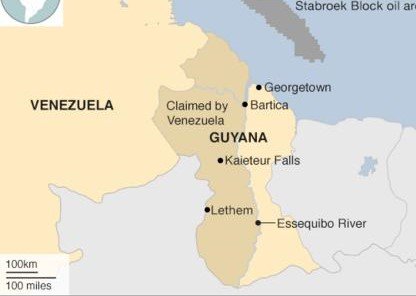
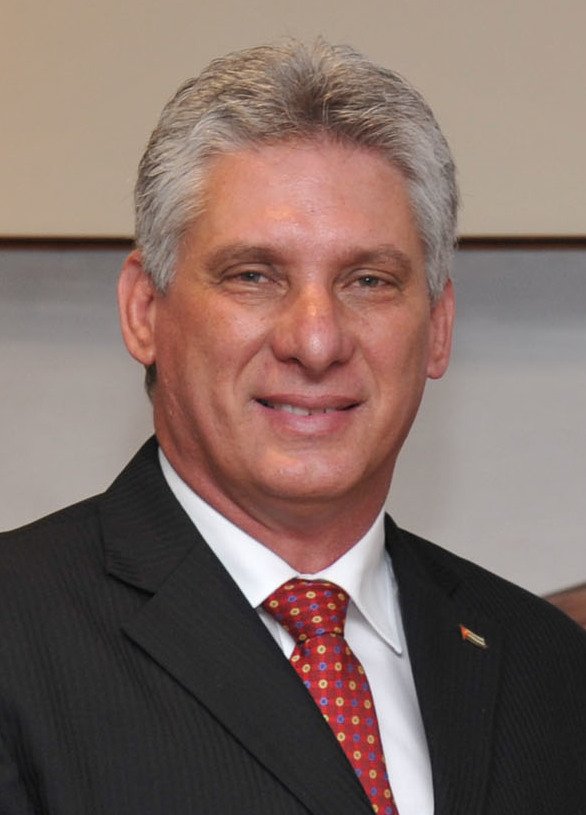
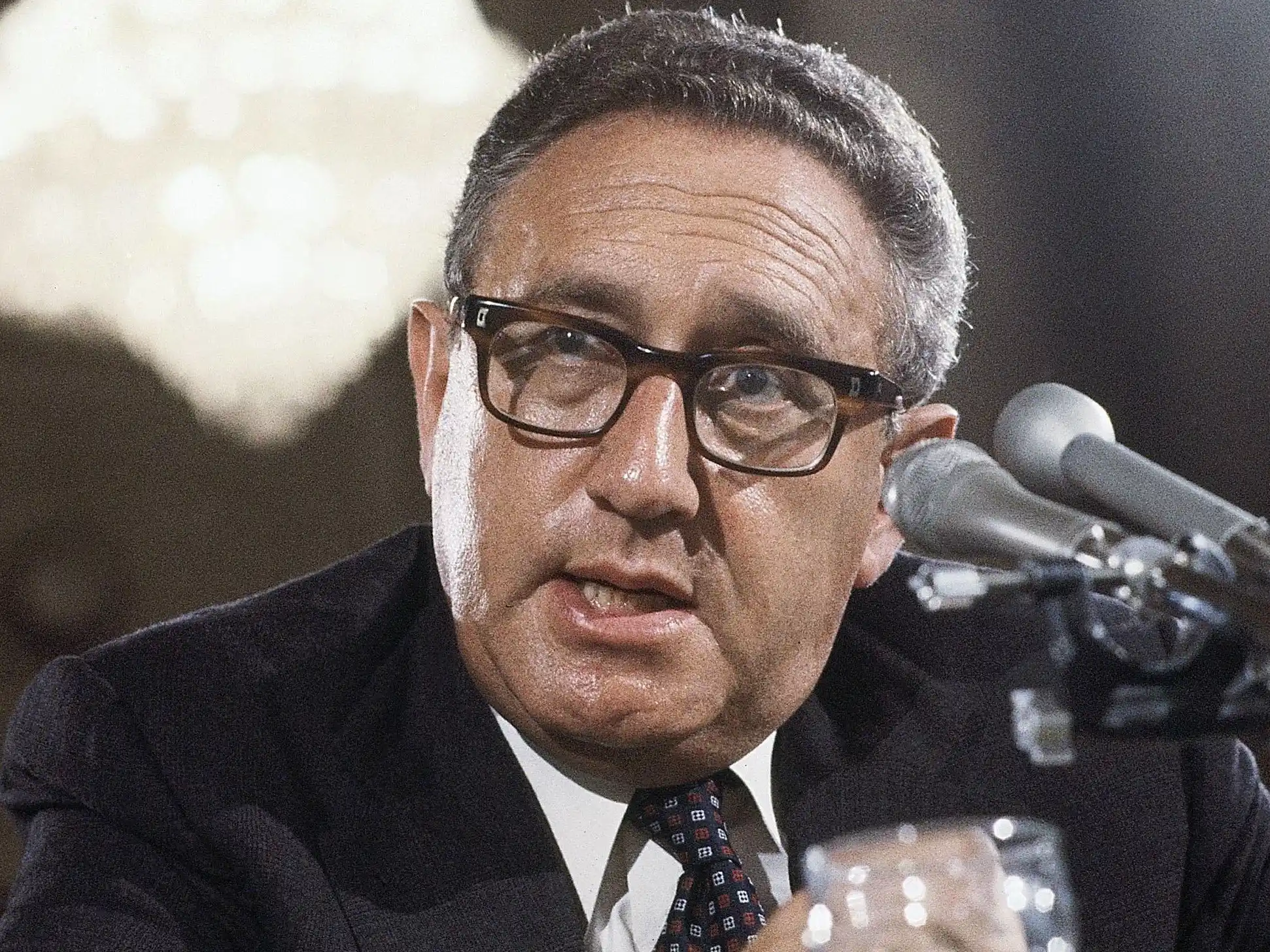
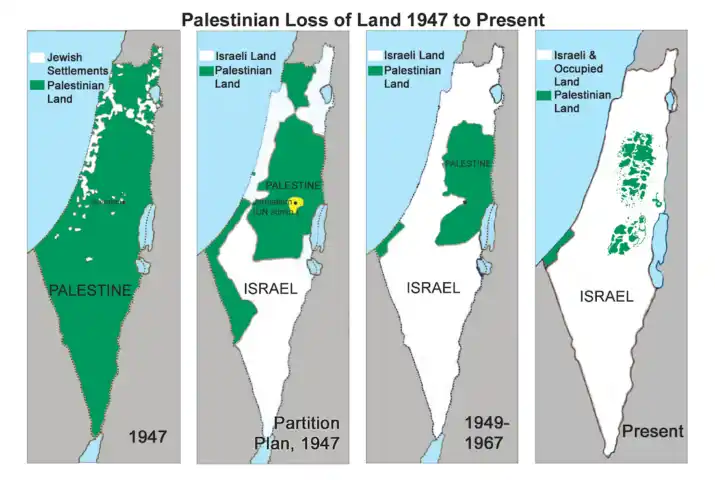
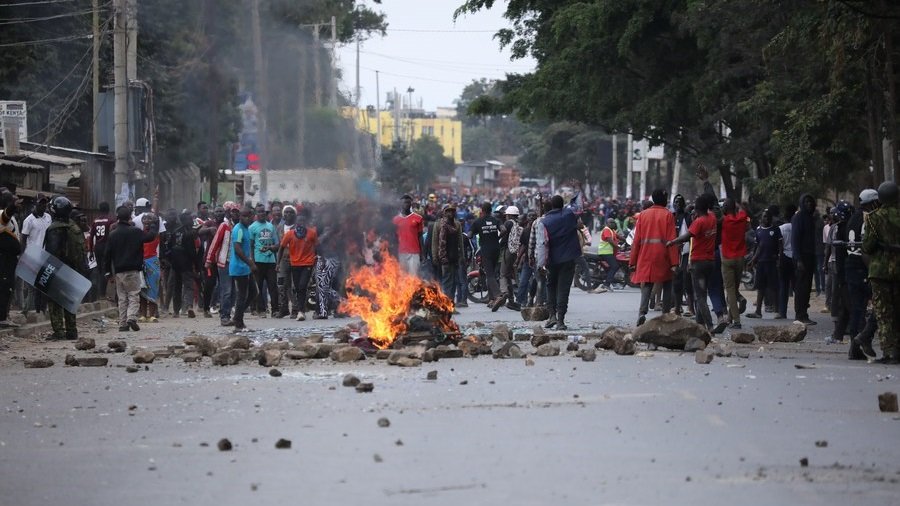
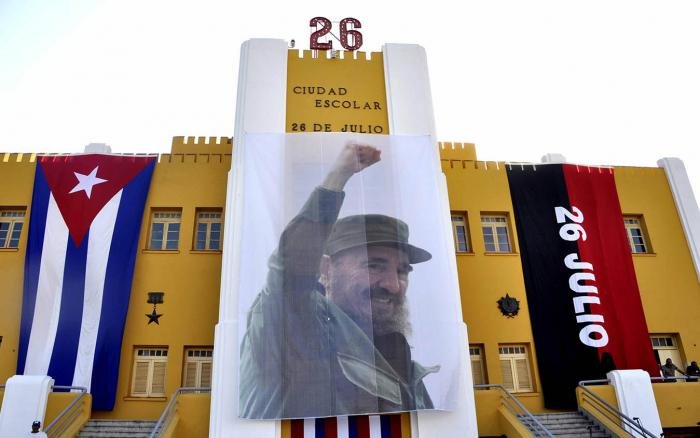
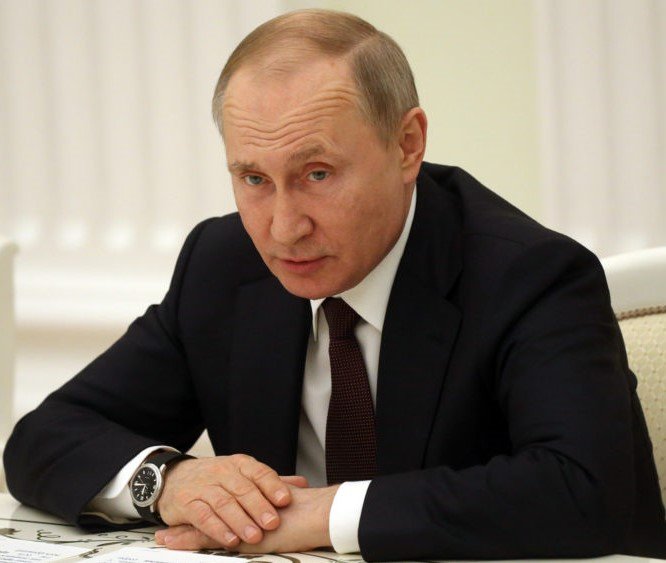
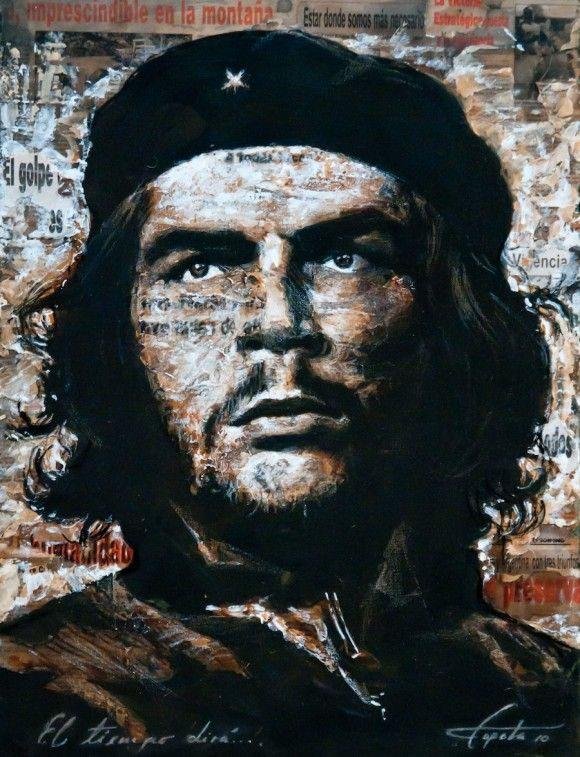
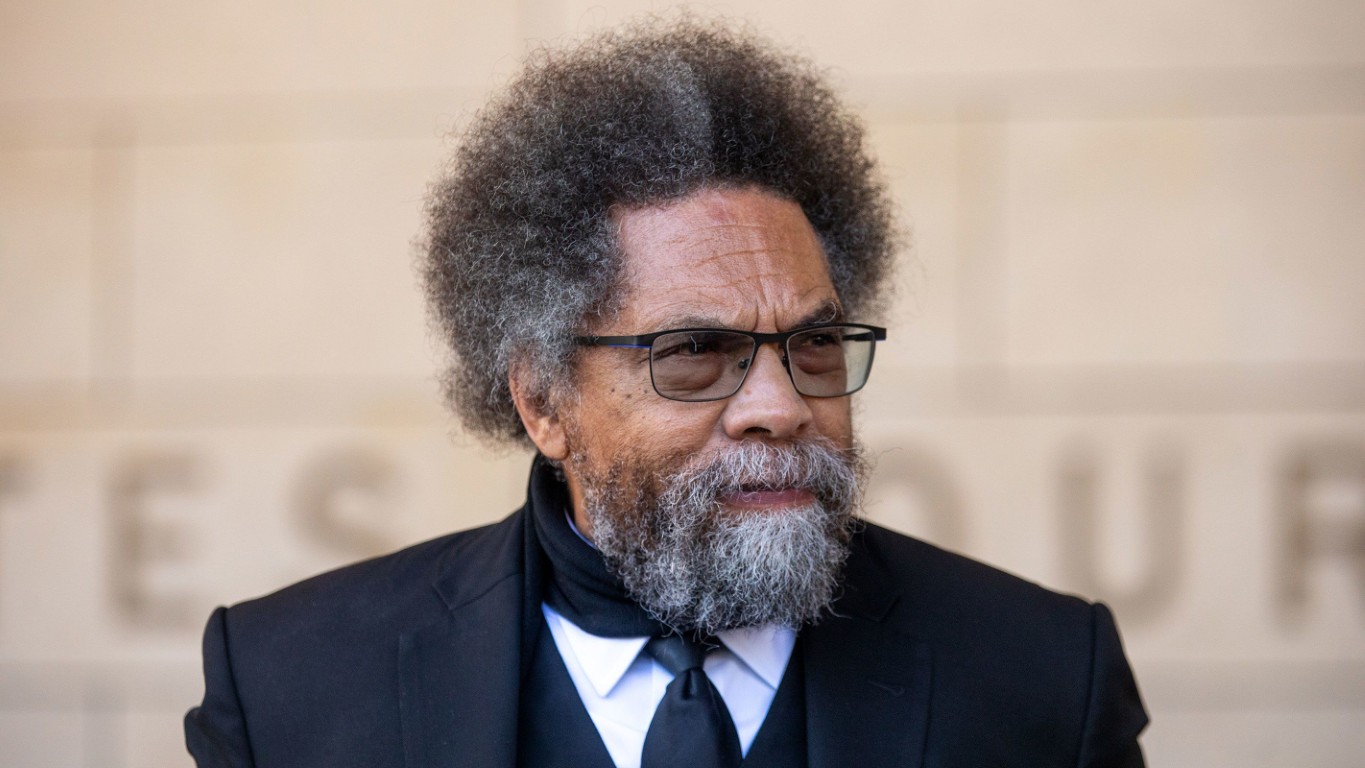
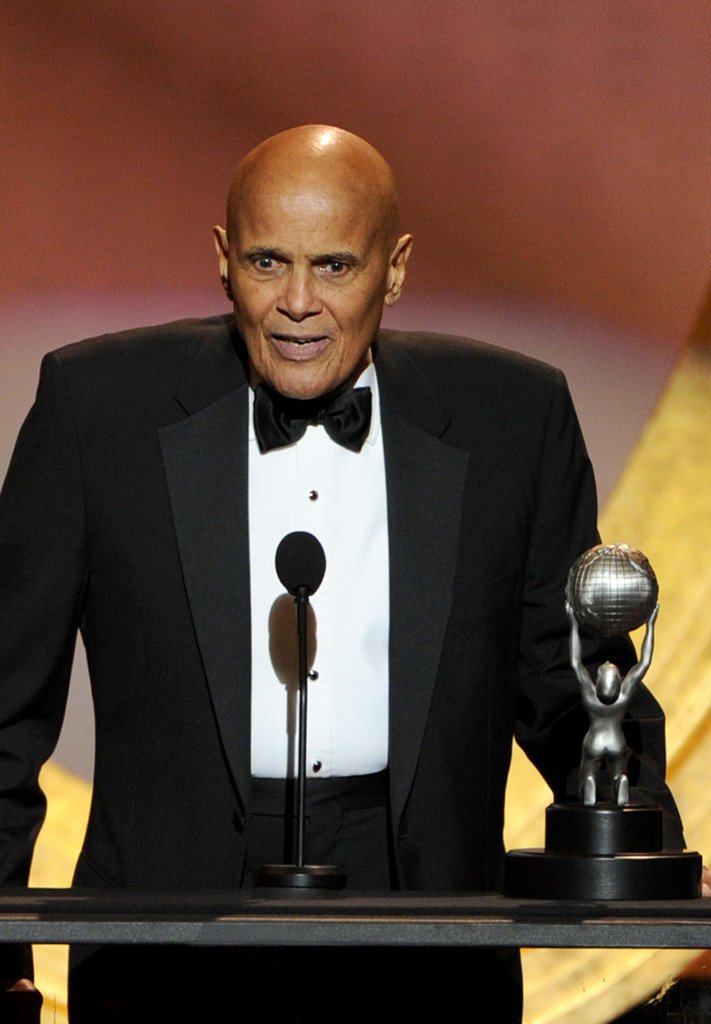
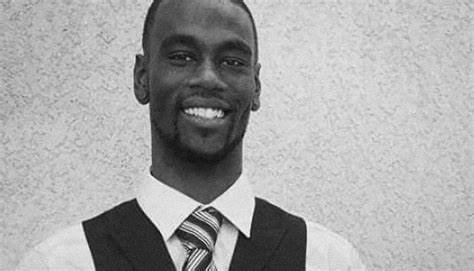
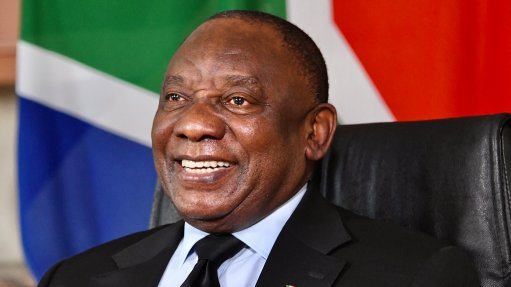
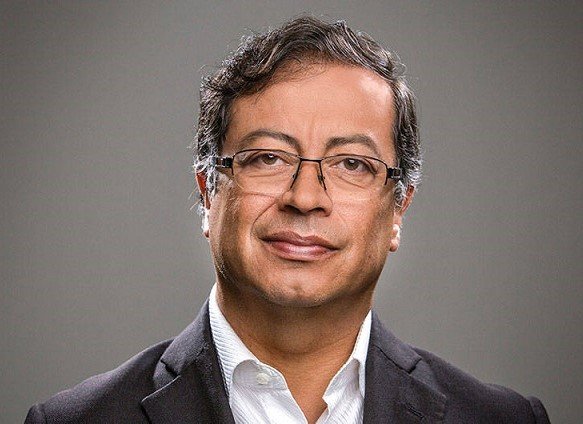
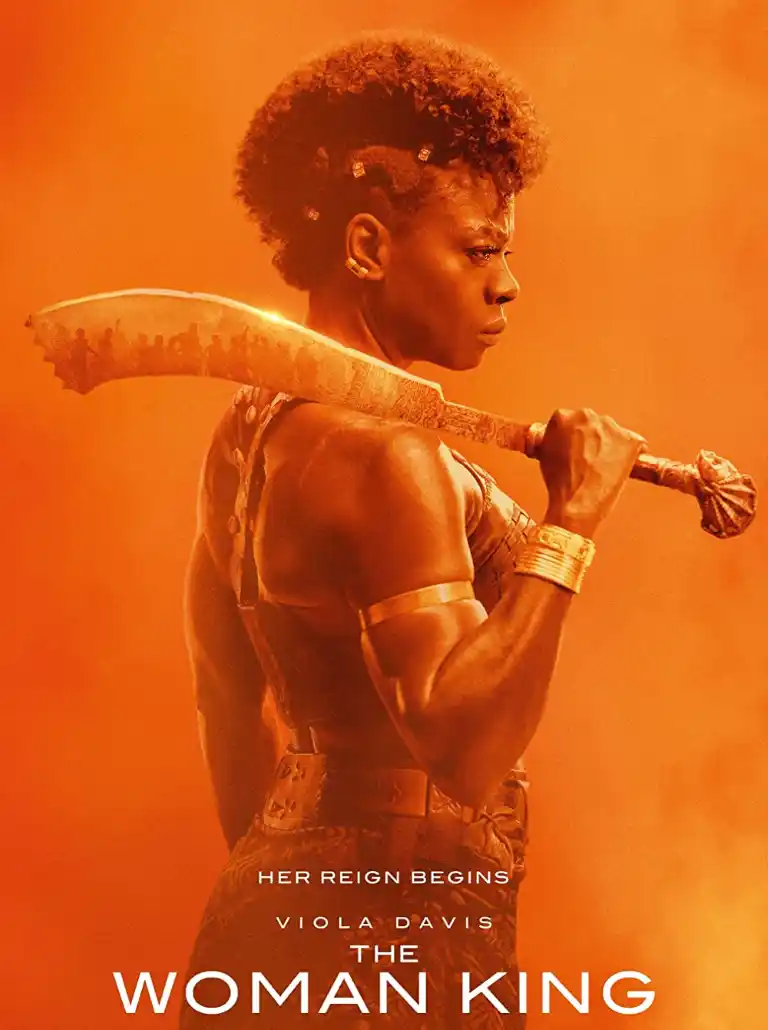
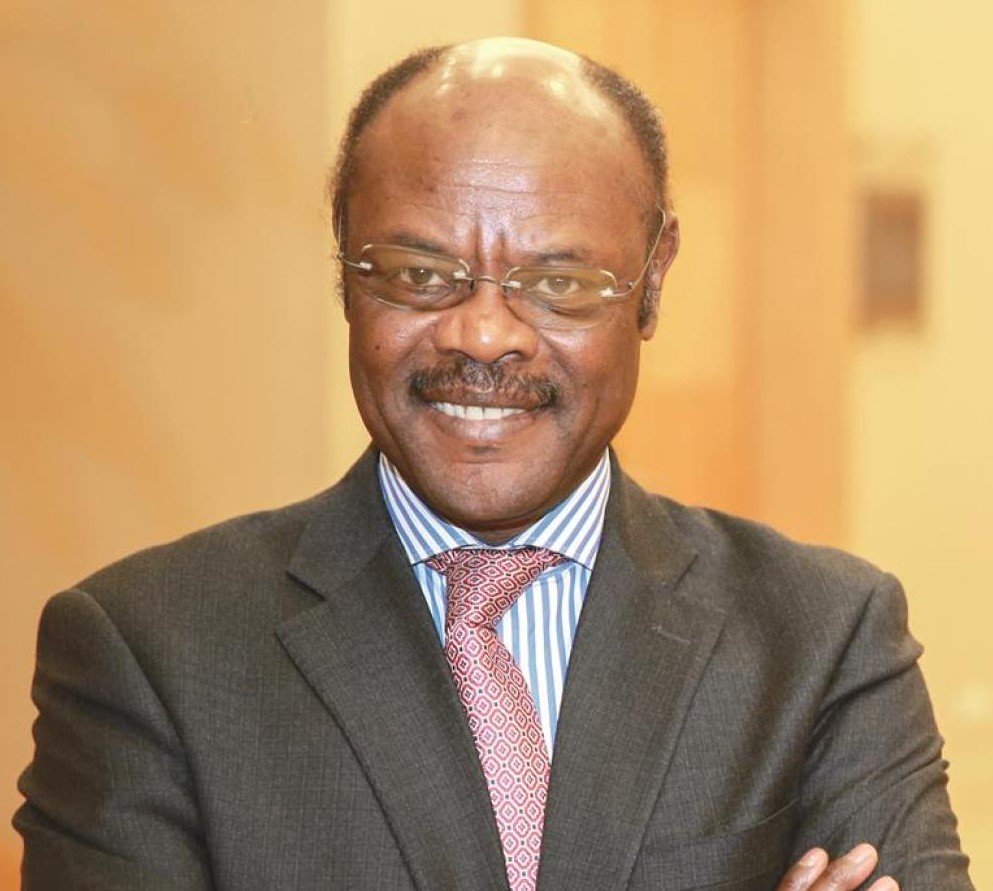
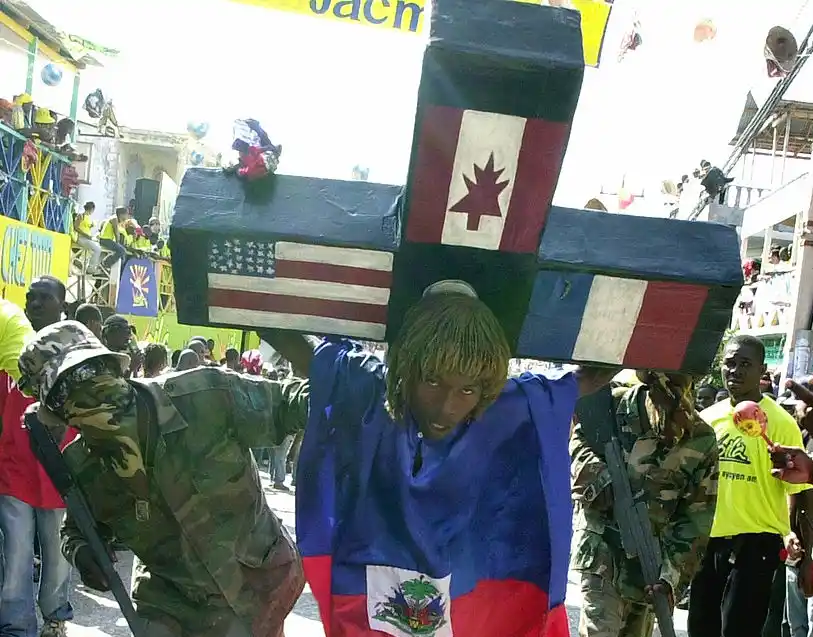
Share with your network